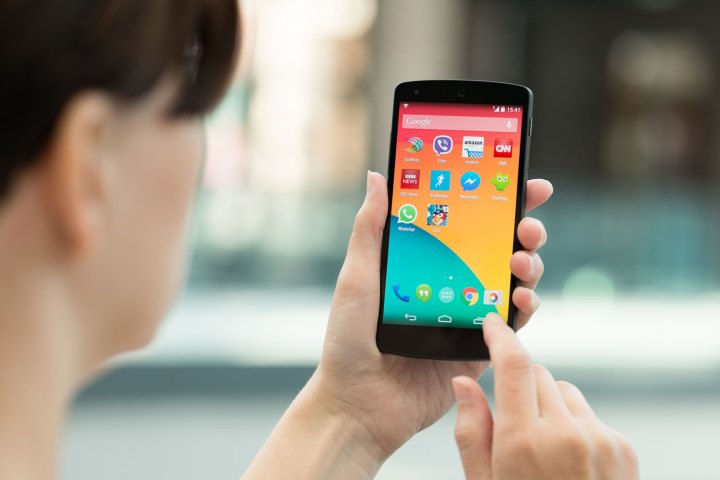
Once locked away, your apps will not run until you’ve validated your identity. Users can choose to designate a lock by methods of a password, PIN, pattern lock, or even fingerprint for phones that support it. Users can assign protected status to all applications, including system apps. Once an app has received “protected” status, it works throughout the entire system; you cannot gain backdoor access by opening your app via contextual link or by going through the Google Play store. Cyanogen Inc. employee Adnan Begovic shared a short video showcasing the feature.
Phone privacy and security has gained traction in recent years. Governmental data breaches, playful friends, and overprotective lovers pose a constant threat to the files you’d rather keep private. While this system likely won’t protect your apps from insistent hackers, it should provide enough protection for when you pass out at a stranger’s party. Users are commonly limited to third-party applications to protect their privacy and apps, but with the addition of this feature, are less likely to rely on them.
It’s recommended to not store anything deemed “too dangerous” anywhere outside your own pocket. But in case you ever felt the need for protection like this, CyanogenMod aims to have you covered.
Editors' Recommendations
- Google Messages vs. Samsung Messages: Which app should you use?
- Google is launching a powerful new AI app for your Android phone
- The 10 best apps for your 2024 New Year’s resolutions
- You should probably stay away from the Instagram Wrapped app
- Have a Samsung phone? This is the one app you have to download

